
For a better and faster shopping experience, download app
Unkown
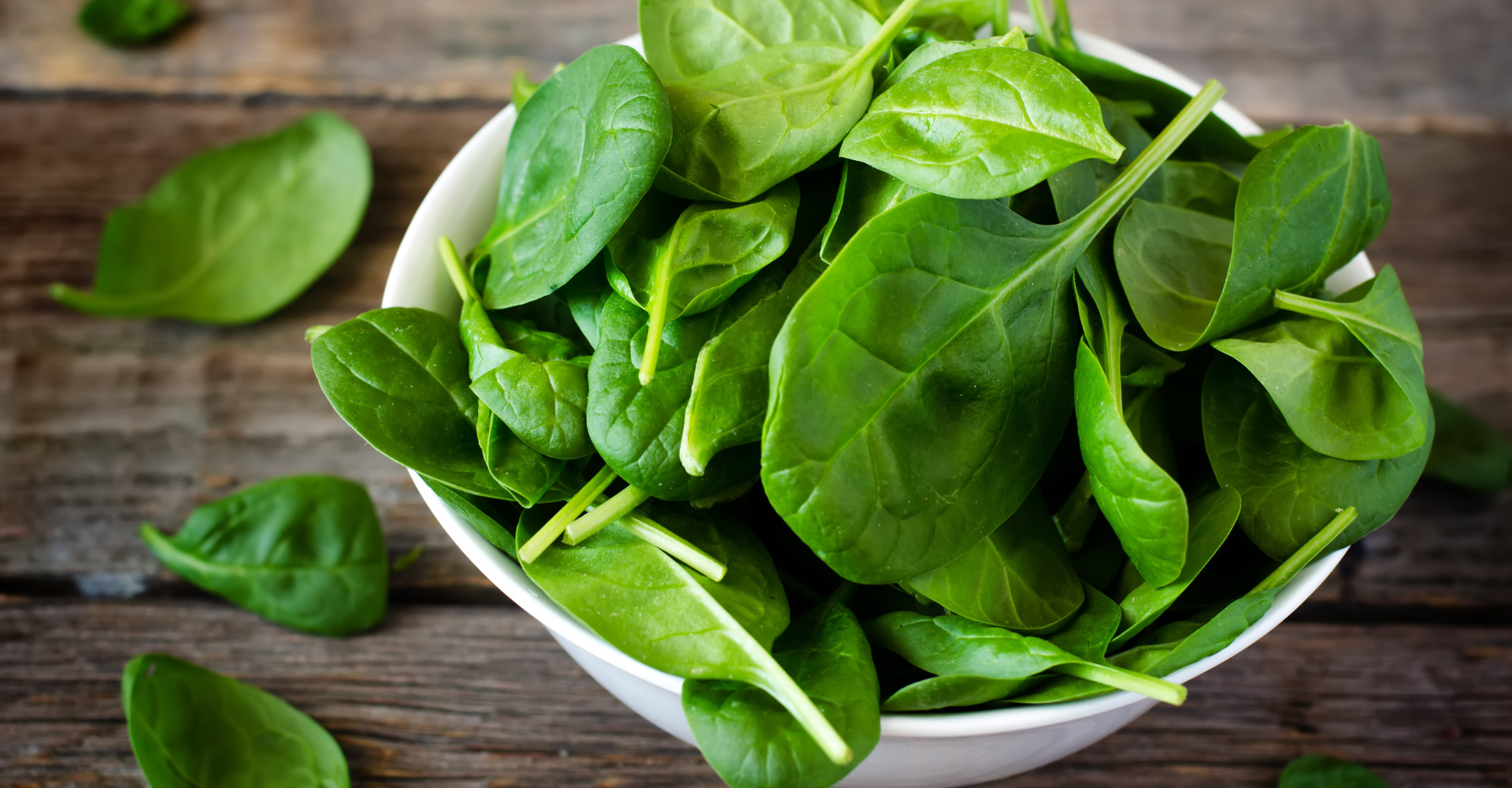
Top Powerful Fruits and Vegetables for Kidney Health
Introduction
Maintaining kidney health is crucial for overall well-being, as these bean-shaped organs filter waste products, excess water, and toxins from your blood. Diet plays a significant role in supporting kidney function, and certain fruits and vegetables can be particularly beneficial. This guide highlights the most kidney-friendly produce and explains how they contribute to renal health.
Why Diet Matters for Kidney Health
Your kidneys process everything you eat and drink, making dietary choices especially important for kidney function. People with existing kidney conditions often need to monitor specific nutrients like potassium, phosphorus, and sodium. However, even those with healthy kidneys can benefit from consuming foods that support renal function.
Top Kidney-Friendly Fruits
1. Berries (Strawberries, Blueberries, Raspberries)
Benefits:
Low in potassium compared to many fruits
Rich in antioxidants that fight inflammation
Contain vitamin C for immune support
High in fiber to aid digestion
How They Help: Berries' anti-inflammatory properties help reduce oxidative stress on kidneys while providing essential nutrients without burdening filtration systems.
2. Apples
Benefits:
Low potassium content
High in fiber, particularly pectin
Contains anti-inflammatory compounds
Natural diuretic properties
How They Help: Apples can help reduce cholesterol, regulate blood sugar, and promote gentle detoxification through their natural diuretic effect.
3. Cranberries
Benefits:
Help prevent urinary tract infections (UTIs)
Low potassium levels
Rich in antioxidants
Anti-adhesion properties prevent bacteria from sticking to urinary tract walls
How They Help: By preventing UTIs, cranberries reduce the risk of kidney infections, which can damage kidney tissue over time.
4. Pineapple
Benefits:
Contains bromelain, an enzyme with anti-inflammatory properties
Provides manganese for antioxidant protection
Natural diuretic properties
Moderate potassium levels
How They Help: Pineapple's bromelain helps reduce inflammation throughout the body, including in the kidneys, while its diuretic properties support healthy fluid balance.
Top Kidney-Friendly Vegetables
1. Cabbage
Benefits:
Very low in potassium
High in vitamin K, C, and fiber
Contains phytochemicals that may help fight free radicals
Budget-friendly and versatile
How They Help: Cabbage is especially beneficial for those on dialysis or with late-stage kidney disease due to its low potassium content and high nutritional value.
2. Bell Peppers
Benefits:
Low in potassium
Extremely high in vitamin C
Good source of vitamin A and fiber
Contains antioxidant compounds
How They Help: Bell peppers provide immune support and antioxidant protection without taxing the kidneys with excess minerals.
3. Onions
Benefits:
Low in potassium and phosphorus
Contain quercetin, a powerful antioxidant
Natural antibacterial properties
Support cardiovascular health
How They Help: Onions provide flavor without adding sodium, making them ideal for kidney-friendly cooking while offering anti-inflammatory benefits.
4. Garlic
Benefits:
Contains allicin, which has anti-inflammatory properties
May help lower blood pressure and cholesterol
Low in potassium
Natural antimicrobial properties
How They Help: Garlic supports cardiovascular health, which is often compromised in those with kidney disease, while providing immune system benefits.
5. Leafy Greens
Benefits:
Lower in potassium
Rich in nitrates that support blood flow
High in vitamin K
Good source of fiber
How They Help: Arugula provides essential nutrients while being gentler on the kidneys than other leafy greens that are higher in potassium.
How to Incorporate These Foods Into Your Diet
Simple Meal Ideas
- Berry Breakfast Bowl: Top low-sugar yogurt with mixed berries for a kidney-friendly breakfast.
- Cabbage Apple Slaw: Combine shredded cabbage with diced apples, a light vinaigrette, and herbs.
- Bell Pepper Boats: Stuff bell peppers with a low-sodium rice mixture and herbs.
- Pineapple Salsa: Mix diced pineapple with red onion, cilantro, and a touch of lime for a kidney-friendly condiment.
Preparation Tips
Double Cooking Method: For vegetables slightly higher in potassium, use the double-cooking method (boil in water, discard water, boil again) to reduce potassium content.
Herbs and Spices: Use garlic, onion, and herbs to flavor foods instead of salt.
Fresh is Best: Choose fresh produce over canned when possible to avoid added sodium and preservatives.
Special Considerations
For Those with Existing Kidney Conditions
If you have chronic kidney disease (CKD), are on dialysis, or have other kidney-related health concerns, always consult with your nephrologist or renal dietitian before making significant dietary changes. Your individual needs may differ based on:
- Your current kidney function
- Lab values (potassium, phosphorus, sodium levels)
- Medications you're taking
- Other health conditions
Portion Control
Even kidney-friendly foods should be consumed in appropriate portions. Your healthcare provider can help determine the right amount of fruits and vegetables for your specific condition.
Conclusion
Incorporating kidney-friendly fruits and vegetables into your diet can help maintain renal health and provide essential nutrients without overburdening these vital organs. Whether you have existing kidney concerns or simply want to support your kidney function preventatively, choosing the right produce can make a significant difference.
Remember that diet is just one aspect of kidney health—staying well-hydrated (as recommended by your physician), maintaining healthy blood pressure, and regular exercise are also crucial components of a kidney-protective lifestyle.
FAQs About Kidney-Friendly Foods
Q: Can eating these foods reverse kidney damage? A: While no food can reverse permanent kidney damage, a kidney-friendly diet may help slow progression of disease and support remaining kidney function.
Q: Are organic fruits and vegetables better for kidney health? A: While organic produce may reduce exposure to pesticides, there's no specific evidence that organic varieties are better for kidney health than conventional produce.
Q: How much water should I drink for kidney health? A: General recommendations suggest about 8 cups (64 ounces) daily, but this varies based on individual needs. Those with certain kidney conditions may need to restrict fluids, so consult your healthcare provider.
Q: Should I avoid all high-potassium fruits and vegetables if I have kidney concerns? A: Not necessarily. The appropriate level of restriction depends on your specific condition and lab values. Work with a renal dietitian to create a personalized eating plan.
Q: Can juicing fruits and vegetables benefit kidney health? A: Juicing removes fiber and concentrates nutrients, potentially increasing potassium and phosphorus content. Whole fruits and vegetables are generally preferable for kidney health.
Plump, deep blue with a succulent & sweet-tart taste
- 125 Gm
- 2x (125 Gms)
₹347
₹269
Fresh, crunchy, bright greenish skin, juicy & Imported Apples
- 2 Pcs (250-300 Gms)
- 4 Pcs (500-600 Gms)
₹135
Cranberries are tart, red berries packed with vitamin C and antioxidants.
- 200 Gms
- 500 Gms
₹269
₹188
Vibrant green & tender leaves with a crisp texture that delivers mildly sweet and earthy flavor
- 250 Gm
- 500 Gms
- 1 Kg
₹49
₹40
Dried garlic bulbs: white cloves, strong pungent taste, and aroma
- 100 Gms
- 250 Gms
- 500 Gms
₹39









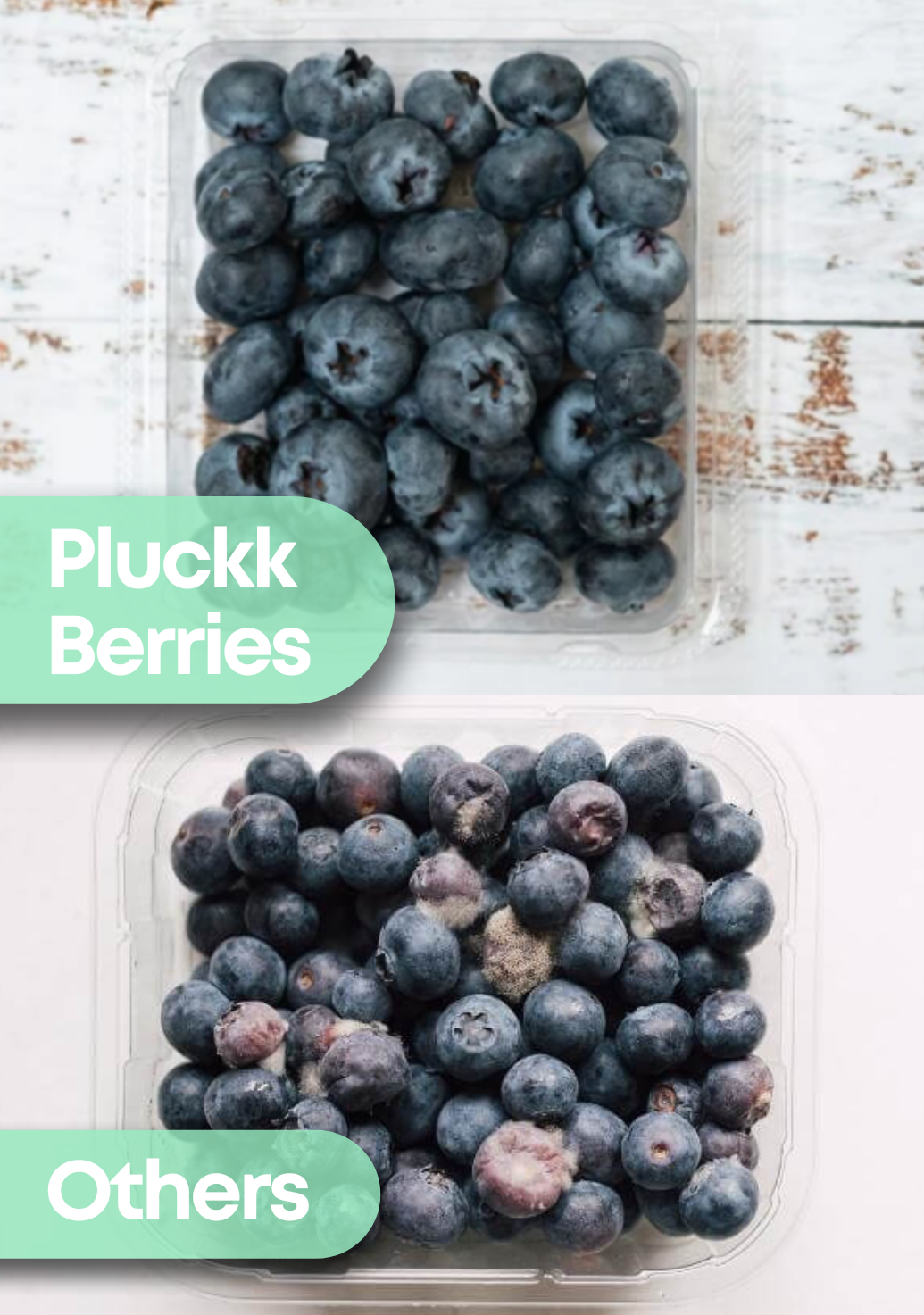
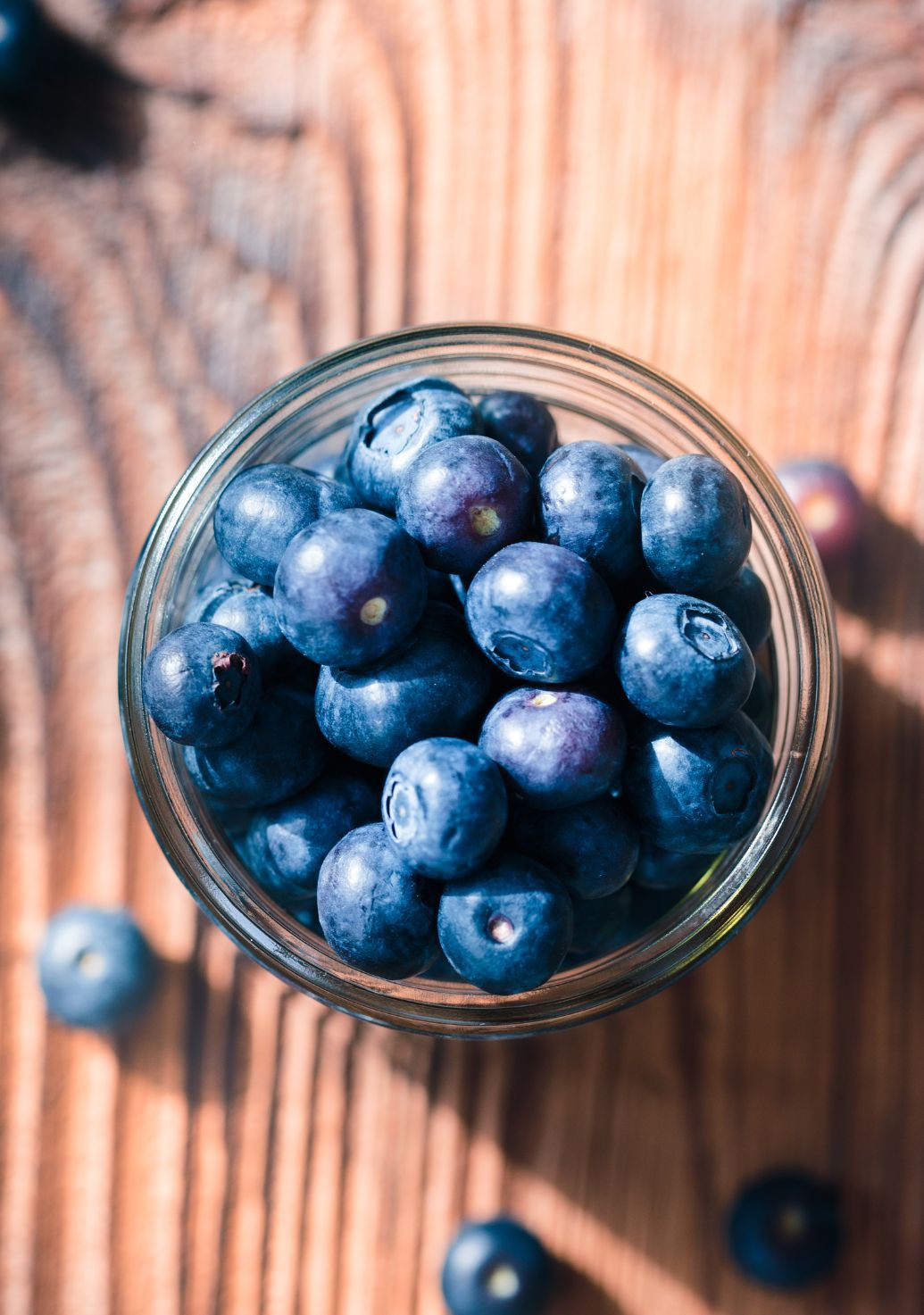
![Apple Granny Smith [Imported]img 1 Apple Granny Smith [Imported]img 1](https://im.pluckk.in/unsafe/1035x0/uploads/25401-vertical-images-sku-5.jpg)
![Apple Fuji [Imported]img 1 Apple Fuji [Imported]img 1](https://im.pluckk.in/unsafe/1053x0/uploads/new_sku_designs_v3/231321107AO/1.jpg)
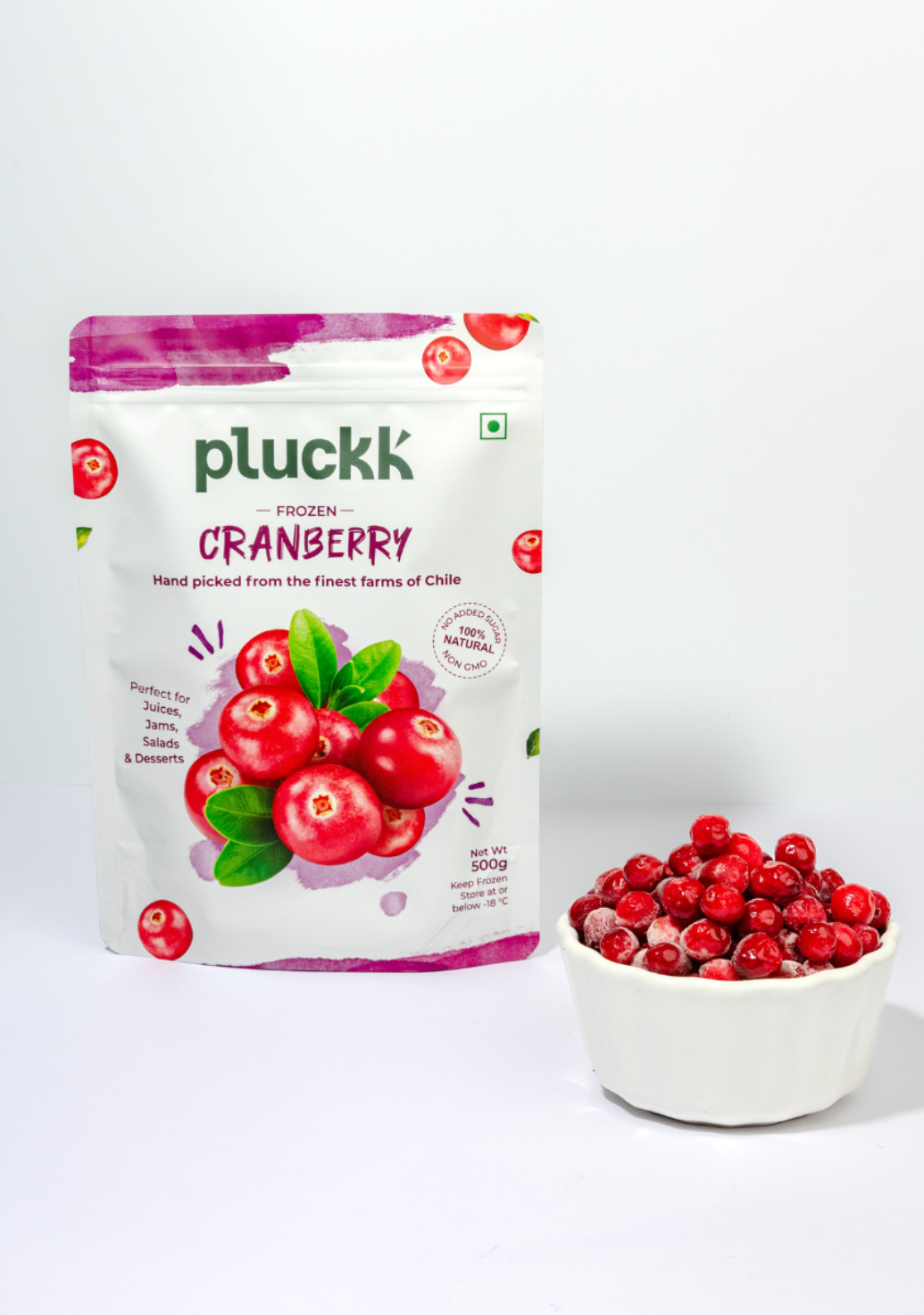
![Spinach [Palak]img 2 Spinach [Palak]img 2](https://im.pluckk.in/unsafe/1053x0/uploads/new_sku_designs_v3/111011298AL/2.jpg)
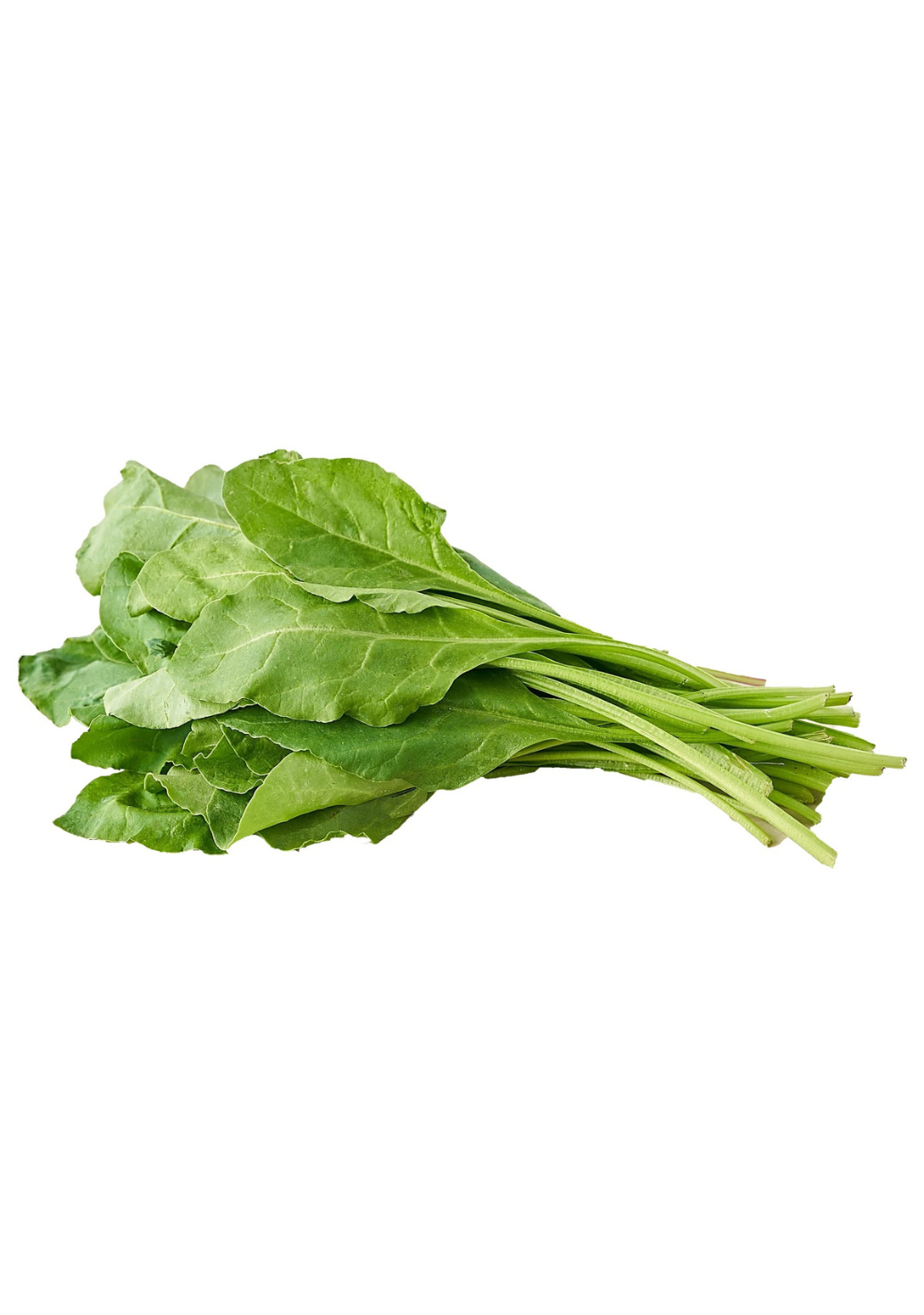
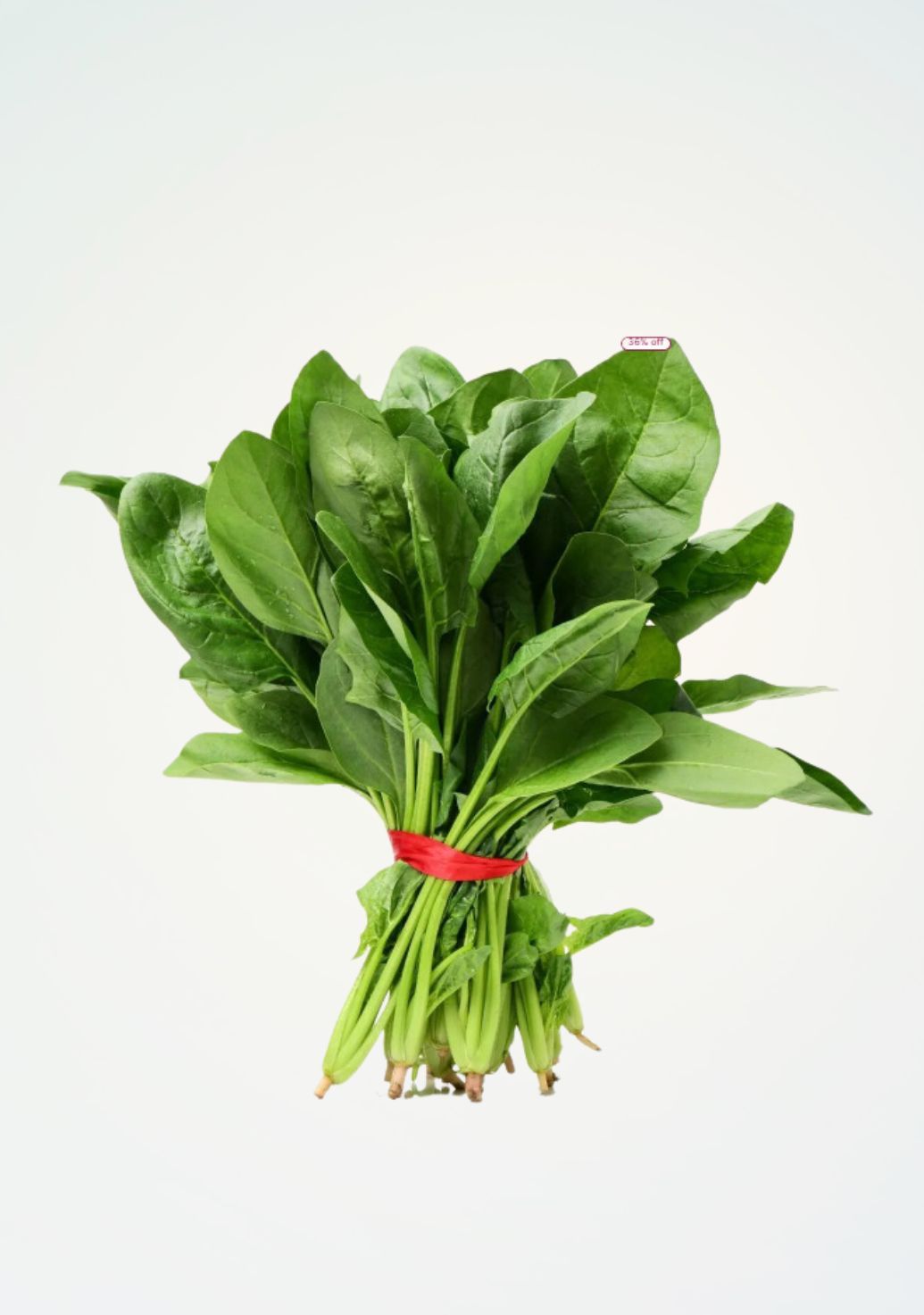
![Spinach [Palak]img 1 Spinach [Palak]img 1](https://im.pluckk.in/unsafe/1053x0/uploads/new_sku_designs_v3/111011298AL/1.jpg)


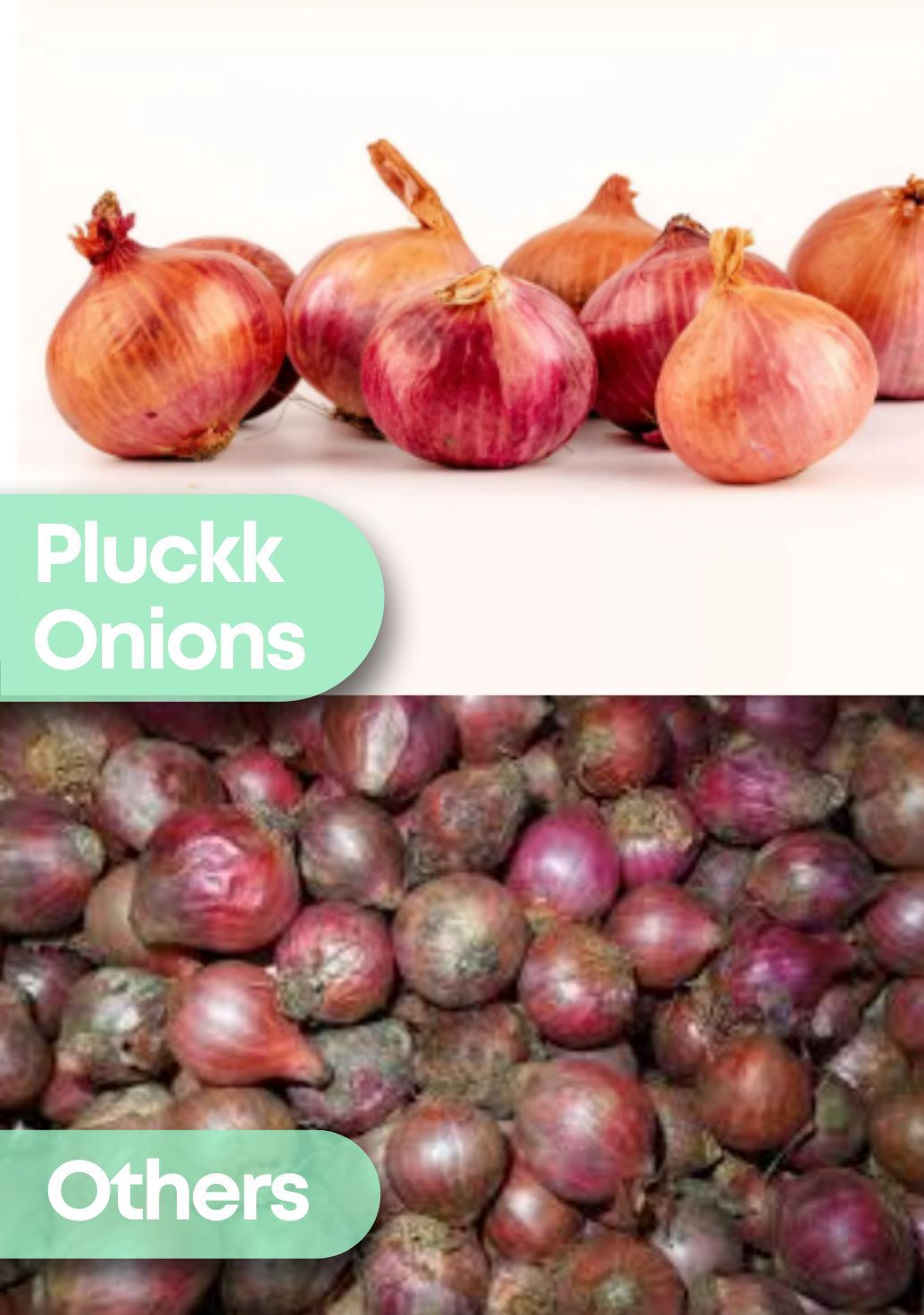
![Garlic [Lehsun]img 2 Garlic [Lehsun]img 2](https://im.pluckk.in/unsafe/1032x0/uploads/new_sku_designs_v3/111111199AB/2.jpg)
![Garlic [Lehsun]img 1 Garlic [Lehsun]img 1](https://im.pluckk.in/unsafe/1032x0/uploads/new_sku_designs_v3/111111199AB/1.jpg)
![Capsicum (Yellow + Red) [Ozone-Washed]img 3 Capsicum (Yellow + Red) [Ozone-Washed]img 3](https://im.pluckk.in/unsafe/1053x0/uploads/new_sku_designs_v3/121111355AL/3.jpg)
![Capsicum (Yellow + Red) [Ozone-Washed]img 1 Capsicum (Yellow + Red) [Ozone-Washed]img 1](https://im.pluckk.in/unsafe/1053x0/uploads/new_sku_designs_v3/121111355AL/1.jpg)
![Capsicum (Yellow + Red) [Ozone-Washed]img 4 Capsicum (Yellow + Red) [Ozone-Washed]img 4](https://im.pluckk.in/unsafe/1035x0/uploads/27903-vertical-images-sku-49.jpg)
![Capsicum (Yellow + Red) [Ozone-Washed]img 2 Capsicum (Yellow + Red) [Ozone-Washed]img 2](https://im.pluckk.in/unsafe/1053x0/uploads/new_sku_designs_v3/121111355AL/2.jpg)



